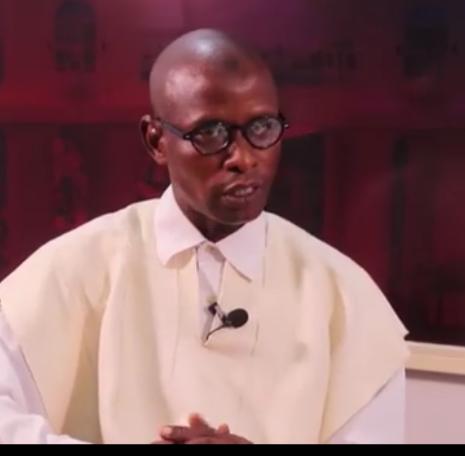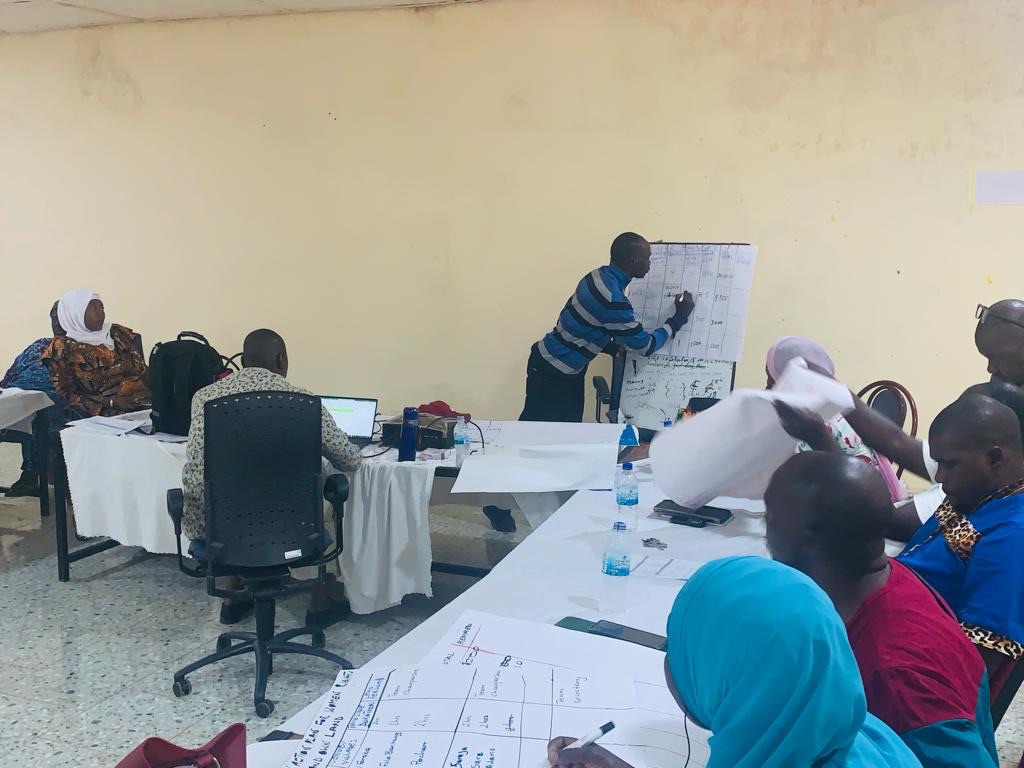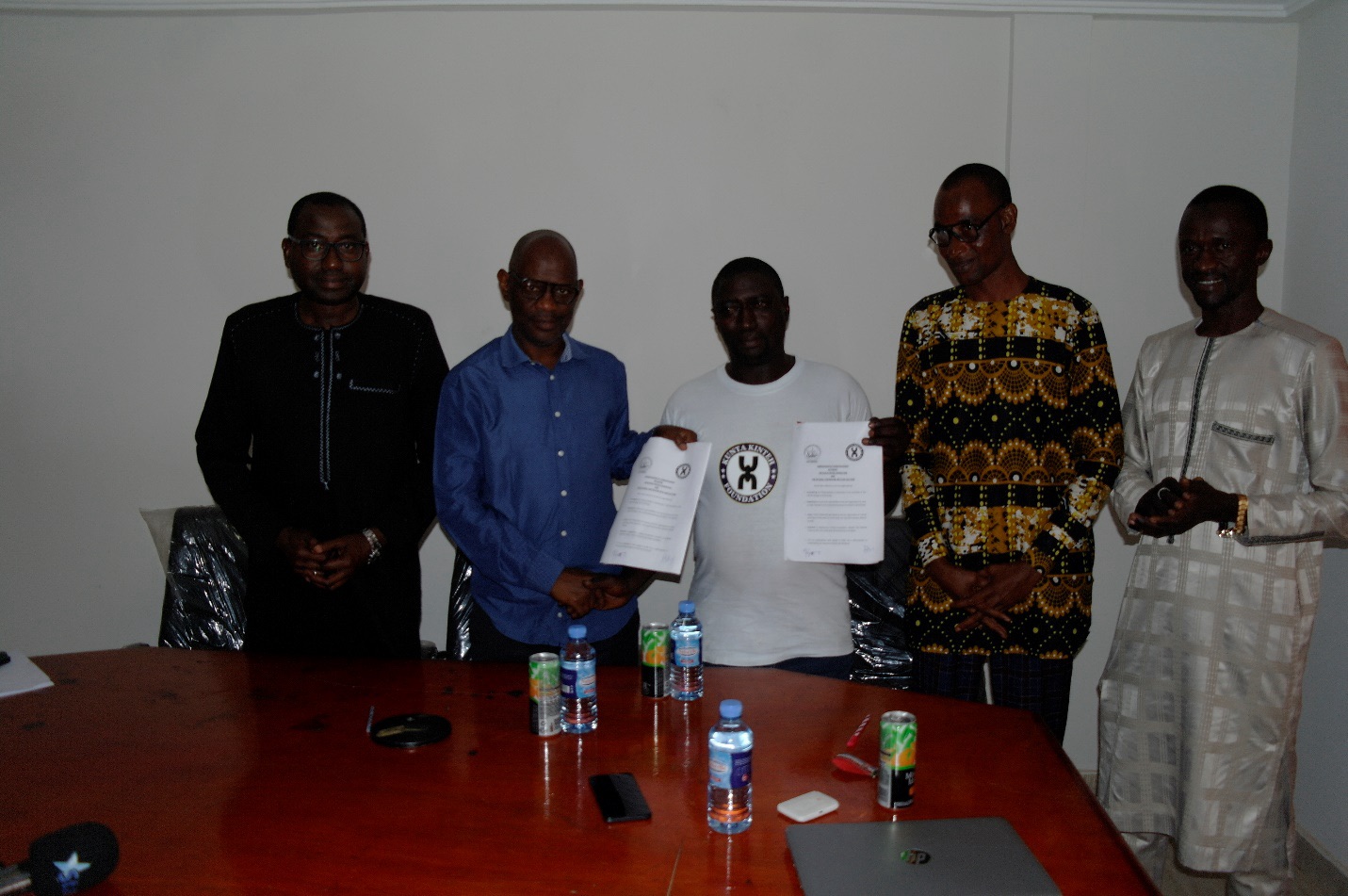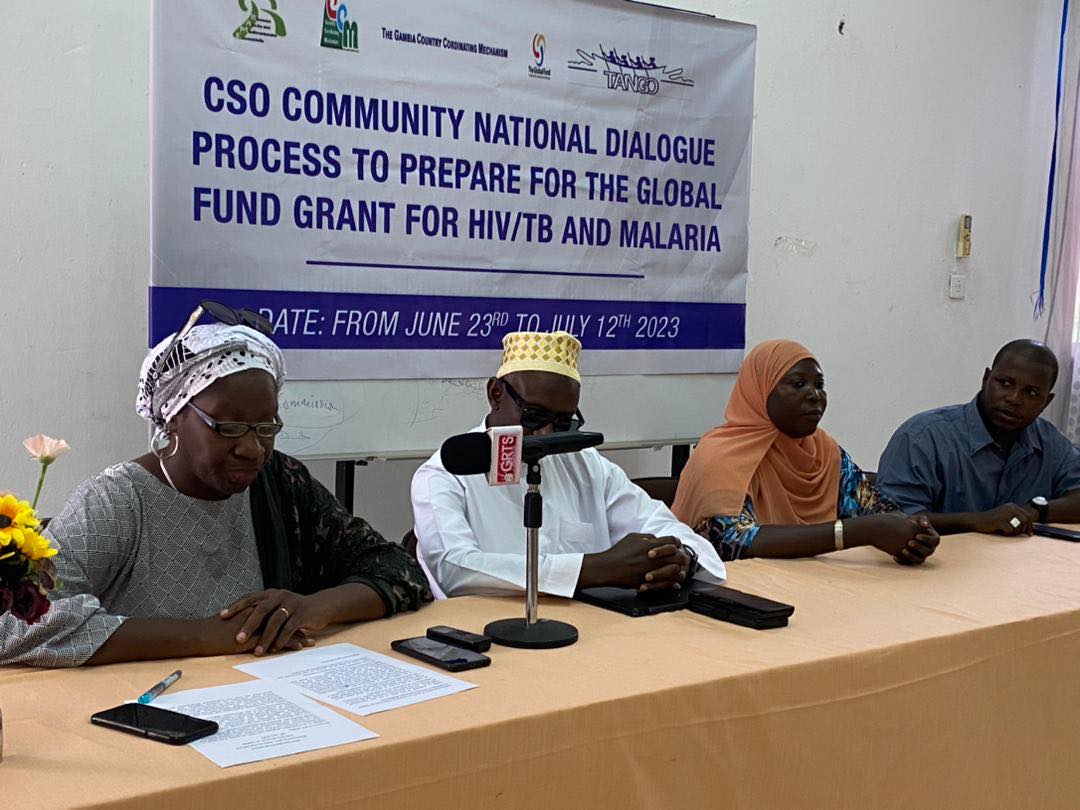By: Fatou Krubally
As The Gambia edges closer to the 2026 elections, mounting frustration with President Adama Barrow’s government could ignite a powerful “vote of anger,” according to Professor Yorro Mballow, a social and political analyst.
The Barrow administration, he argues, has failed to meet citizens’ demands on corruption, economic progress, healthcare, and education. “The government’s inability to tackle key issues like market prices, agriculture, and transparency has left voters disillusioned,” Mballow stated.
Despite the government’s efforts to restrict non-resident citizens from voting, the analyst predicts that voter turnout will remain high, driven by a public determined to hold the ruling party accountable. “Gambians have little trust in government institutions, but they are committed to voting as a way of seeking change,” he said.
Mballow also noted that the opposition’s credibility has risen sharply, as many voters view them as a potential force for reform. He cautioned, however, that the lack of strong party systems could fragment the legislature and undermine governance if voters rally behind individual personalities instead of solid policies.
“The 2026 elections will not just be a referendum on Barrow’s leadership but a protest against the failures of his government,” Mballow concluded. “The Gambia needs a positive change, and that change is in the hands of the electorate.”





